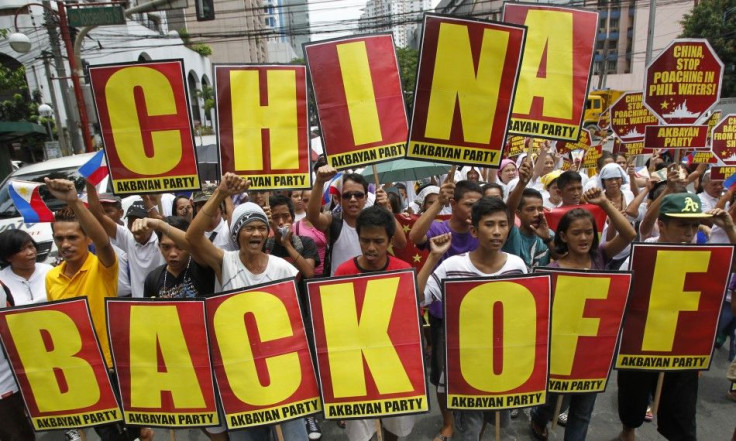South China Sea: Indonesia Seeks To Unify ASEAN Opinion Split Under Chinese Pressure

Foreign ministers of Indonesia and Cambodia said the Association of Southeast Asian Nations, or ASEAN, hoped to agree on a number of issues over the territorial dispute in South China Sea, after the recent rift which is believed to have been complicated by Beijing's influence on some of the member nations.
ASEAN failed to reach a common ground over the South China Sea dispute, and for the first time in its 45-year history failed to produce a joint statement, at a regional summit in Cambodia last week.
Though the disagreement was attributed to overlapping claims of Philippines, Vietnam, Brunei and Malaysia on certain parts of the South China Sea, it also exposed how Chinese pressure has polarized the regional politics.
China lays claim to almost the entire South China Sea, including what is recognized by the U.N. as the Exclusive Economic Zone of other neighbors, and would rather deal separately with the nations with which it has maritime tensions than confront the 10-member bloc.
The Philippines and Vietnam which were involved in a dispute with China recently over the ownership of the Scarborough Shoal, have been seeking ASEAN's support in pressuring Beijing to accept the code of conduct.
The ASEAN Chair, Cambodia, which relies on China for billions of dollars in financial assistance, is believed to be under tremendous pressure from Beijing, and had rejected a proposal by the Philippines and Vietnam to mention their territorial disputes with China in the group statement.
We, ASEAN foreign ministers, agreed in principle on a number of issues over the South China Sea issue, Cambodian Foreign Minister Hor Namhong told reporters.
I hope that by tomorrow morning, we will receive approval confirmation from all ASEAN foreign ministers in order to announce these points, he said.
The announcement came after Indonesian Foreign Minister Marty Natalegawa visited Cambodia on Thursday as part of his Southeast Asian tour to unify the 10-member nations of the bloc.
Natalegawa, last week, slammed the disagreement within the bloc as utterly irresponsible following the talks at the ASEAN Regional Forum.
Whenever there are incidents, that's actually the moment that we should reinforce our efforts, not be grinding to a halt, said Natalegawa, as reported by the Jakarta Globe. This time last year, we had a similar problem between Cambodia and Thailand -- it was a more direct intra-Asean conflict, but it was not impossible to find a solution within Asean. And, in this instance, I find it perplexing and, to be candid and honest, really, really disappointing.
He said the key points of the statement had been outlined and the basic positions could be announced soon if the other states approve.
ASEAN centrality requires - demands - ASEAN unity. And the fact is, despite suggestions to the contrary, in actual fact, ASEAN remains united, ASEAN remains cohesive. And therefore, ASEAN remains able to fulfill its role as in the central and driving seat of our region, he said.
If a consensus is confirmed in the next few hours, in the next few moments, then perhaps, the chairman would be in a position to formally announce those basic ASEAN positions, he said.
© Copyright IBTimes 2024. All rights reserved.






















